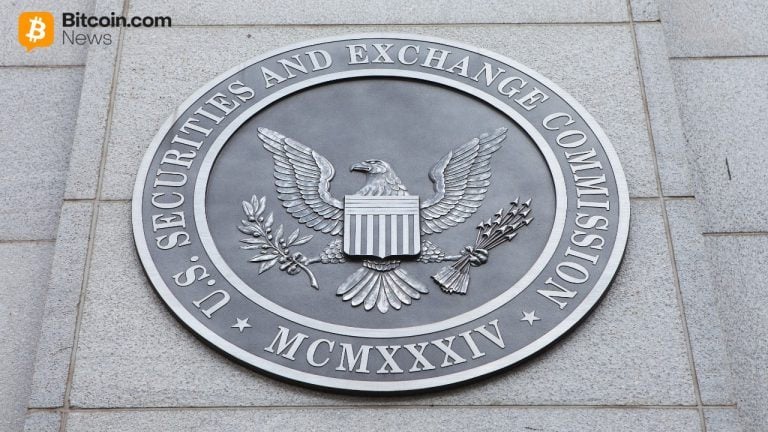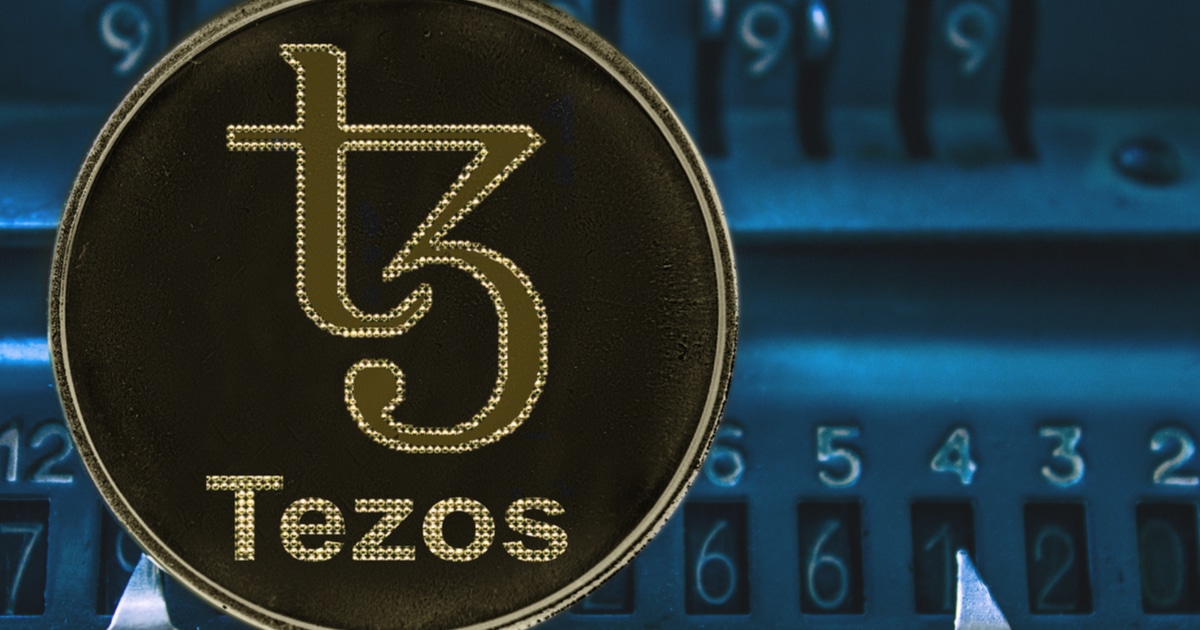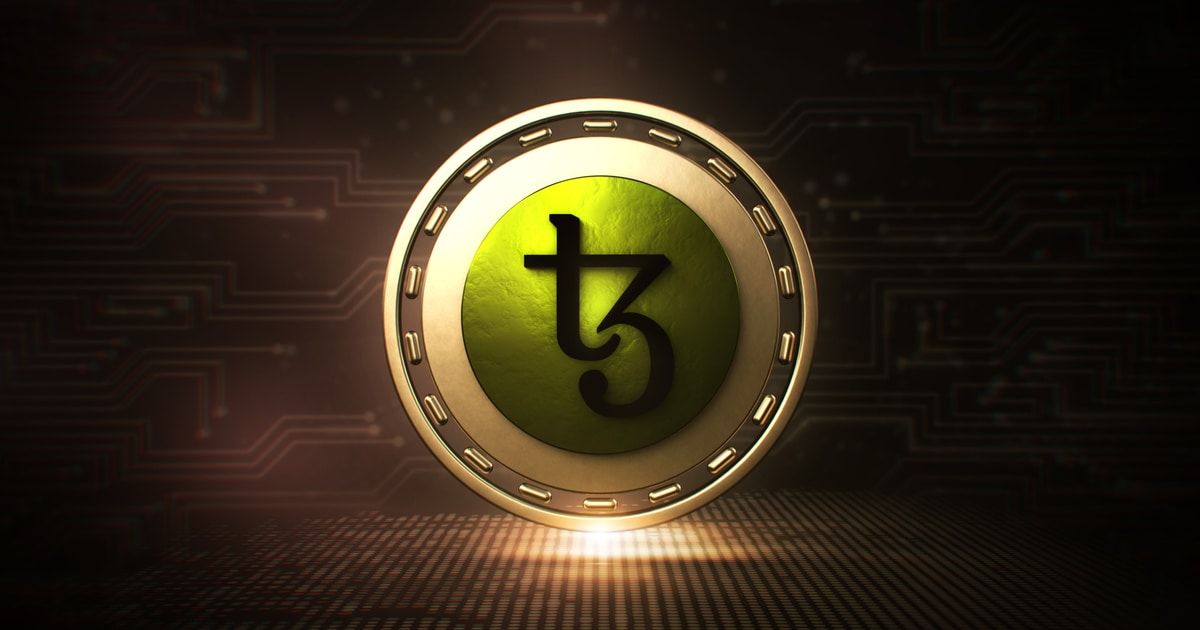
Learn how to protect your finances and avoid gift card scams, including those in the world of cryptocurrency.
What should you do if you fall victim to a gift card scam?
If you fall victim to a gift card scam, it is crucial to act quickly to limit the damage and report the incident to the appropriate authorities.
Here are some actions one may take:
- Quit communicating with the bad actor: Quickly cease communicating with the con artist via phone, email and social media. Any future requests for cash or personal information shouldn’t be answered.
- Inform the proper authorities about the incident: Inform the appropriate authorities, such as the Federal Trade Commission, the Internet Crime Complaint Center, or the cryptocurrency exchange you used to complete the transaction. To report scams, you can also contact your neighborhood police department.
- Notify other relevant parties: Consider alerting credit reporting agencies and setting up a fraud alert on your accounts if you gave the scammer any personal information, such as your name, address or SSN, to stop further identity theft.
- Try to recover your funds: If possible, try to get your money back by contacting the company that provided your cryptocurrency exchange or wallet service. Ask them to help you retrieve the funds or to freeze them after explaining the situation.
- Take action to safeguard yourself from scams in the future: Make sure you educate yourself on cryptocurrencies and the associated risks. For example, make sure the investment opportunity is legitimate while making investing decisions.
Therefore, it is crucial to verify the identity and legitimacy of the trader or investor before making any transactions.
How can you avoid gift card scams?
Before engaging in any transactions, it is crucial to exercise caution and take the time to confirm the validity of any investment opportunity, including conducting due diligence on the person or business behind it.
One can take several precautions to avoid gift card scams. Firstly, be wary of unsolicited investment offers you receive via email or social media, especially if they guarantee big returns with little to no risk.
Secondly, avoid anyone who requests gift cards as payment, as this is not a common way for reputable businesses or investors to receive cash. Thirdly, spend time investigating the individual or company providing the investment opportunity, including confirming their identification and examining their qualifications with relevant regulatory bodies.
Fourthly, unless users are confident of the genuineness of the investment opportunity, avoid giving out personal information like your social security number (SSN) or bank account information. Last but not least, ensure one completely comprehends the risks and rewards of any transactions before committing any funds.
What are the signs of a gift card scam?
Although it might be difficult to spot gift card fraud involving cryptocurrencies, there are a few indicators that one should be aware of to keep themselves safe.
One of the most typical warning signs is when a scammer makes dubious claims of large returns with little to no risk. Scammers frequently demand payment in gift cards, such as Amazon or iTunes, even though this is not the norm for reputable businesses or investors.
They might also instill a sense of urgency, forcing the victim to act without verifying the offer’s validity. Moreover, unwelcome communication, a lack of background information on the sender or business, and requests for personal data are all red flags of possible gift card fraud.
Bad actors may request unusual or complex transactions that involve multiple steps, making it more difficult for the victim to understand the process and raising suspicion. For example, they may ask for multiple gift cards of different denominations or request that the victim transfer cryptocurrency to an obscure wallet address. Be wary of any transaction that seems overly complicated or difficult to understand.
Scammers frequently employ sloppy grammar and spelling in their correspondence, giving away the possibility that they are not native speakers of the language or are not professionals. Moreover, victims may find it challenging to undertake due diligence and make wise selections because scammers may not disclose sufficient information about themselves, their business, or the investment opportunity.
How do gift card scams work?
Scammers can use cryptocurrency gift cards to convert stolen funds into an untraceable and anonymous form of currency.
Scammers who pretend to be traders or investors on Telegram offer significant investment returns using gift cards. They frequently approach unwitting victims with offers to sell cryptocurrencies at a discount or guarantee their investment will double in value via social media channels.
The scammer will ask the victim to buy gift cards and submit the code to complete the transaction, telling the victim that the codes will be used to purchase cryptocurrencies. Yet as soon as the scammer has the gift card numbers, they vanish, leaving the victim with useless gift cards.
Here’s an example of how a gift card scam typically takes place:
- Step 1: Creating a false social media account or website to promote a cryptocurrency giveaway or investment opportunity is the first step taken by scammers.
- Step 2: The con artist promises that participants will receive a sizable amount of cryptocurrencies in return for a minor contribution allegedly required to fund the investment or verify the participant’s identification.
- Step 3: To comply with regulatory requirements, the scammer requests that the deposit be made using a gift card, such as an Amazon or iTunes gift card.
- Step 4: The scammers vanish once the victim gives them the gift card details, and the victim never receives the promised cryptocurrency.
- Step 5: In this step, the gift card essentially serves as the bad actors’ means of converting the stolen money into an undetectable and anonymous form of money, making it challenging for victims to recoup their losses.

Always avoid giving gift card details to someone you do not know or trust because scammers frequently use this method to steal cryptocurrency.
What are gift card scams?
Gift card scams are fraudulent activities where scammers trick people into purchasing gift cards and providing them with information such as the card’s code or PIN.
Scammers utilize a variety of strategies, including fraudulent prize offers, romance scams and technical support hoaxes, to trick victims into providing gift card information. Scammers can use gift cards to make illicit purchases or sell them on the black market once they have the card’s details.
For instance, scammers may construct fake profiles on social media sites or dating services to build a rapport with the victim. They then request money and personal information from the victim and tell them it’s necessary in case of an emergency or to pay for a meeting.
Similarly, con artists may pose as tech support agents to trick victims into believing their devices are infected with malware or viruses. The victim is then told to buy a gift card to cover the repair cost.
Gift card scams in crypto are similar to traditional gift card scams, but instead of gift cards, scammers use cryptocurrencies like Bitcoin (BTC), Ether (ETH) and other altcoins. In these scams, scammers deceive victims into sending them cryptocurrency by promising them a reward, prize or investment opportunity.
To win the trust of their victims, bad actors could employ phishing websites, phony social media profiles or other cunning strategies.
Scammers disappear after receiving the crypto, depriving the victims of any chance of getting their money back. Exercising caution and conducting business with reliable and trusted sources is crucial when working with cryptocurrencies.

You can get bonuses upto $100 FREE BONUS when you:
💰 Install these recommended apps:
💲 SocialGood - 100% Crypto Back on Everyday Shopping
💲 xPortal - The DeFi For The Next Billion
💲 CryptoTab Browser - Lightweight, fast, and ready to mine!
💰 Register on these recommended exchanges:
🟡 Binance🟡 Bitfinex🟡 Bitmart🟡 Bittrex🟡 Bitget
🟡 CoinEx🟡 Crypto.com🟡 Gate.io🟡 Huobi🟡 Kucoin.




















Comments